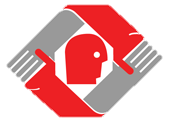Overview
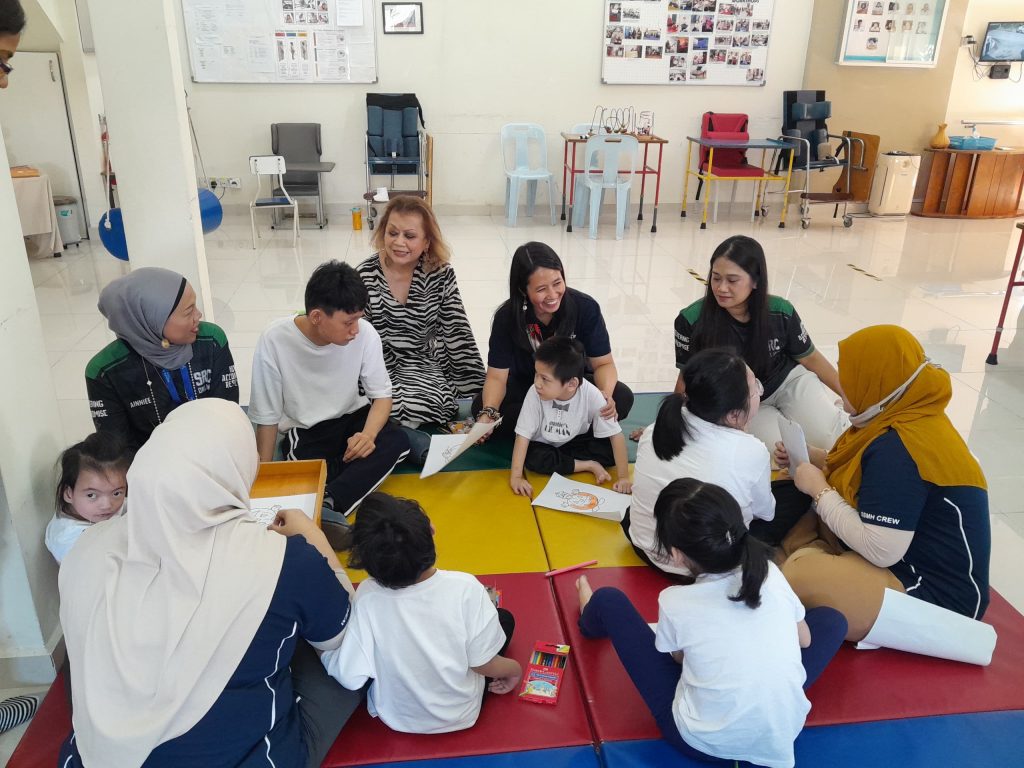
SSMH started in 1985 as a daycare centre for children with severe disabilities. Today it has evolved into a professional centre where qualified therapists work with the children to give them the most suitable training programs suited to their individual needs.
Every child has an Individualized Educational Program (IEP) depending on the severity of his or her disabilities, and on their learning potential. The program is drawn based on the types of skills the child needs to develop. The program is reviewed every three to six months. There is also a Saturday training program called the Living Skills Group (LSG) that caters to teens and young adults. There are currently 10 students who come to SSMH 3 Saturdays a month for exercise, social interaction and to learn basic living skills. Their mothers who come with the students use this opportunity to share experiences with each other.
Apart from using conventional physiotherapy techniques to target mobility and flexibility issues as well as motor skills, SSMH has also embarked upon a special training program called the Breakthru Approach. All the therapy staff at SSMH have been trained in the Breakthru Approach and incorporate it in the children’s daily training programs.SSMH collaborated with the Breakthru Academy in 2019 to conduct this new training approach called the Breakthru Approach. It is a holistic approach that encompasses their daily training as well as specific techniques taught by the Breakthru Academy
Criteria for Selection of Children into SSMH
In screening for entry into SSMH, we assess individual children with severe disabilities based on their intelligence level and/ or multiple handicaps which may be physical, visual, auditory, cognitive etc. Frequently, children with these disabilities are not able to obtain care and training from other organizations not equipped to handle severe disabilities but SSMH accepts them if we feel they can still:-
- Who can still respond to skills training using upper limb and lower limb
- Who can benefit from systematic habit training
- Who can learn simple communications and manual skills, basic health and safety habits
- Who are not able to receive care and training from other organizations for the handicapped in Malaysia due to their severe disabilities.
Daily Training
Training for the children starts at 8am and ends at 1 pm on weekdays. Children who demonstrate the ability to achieve their training goals more rapidly are given additional training sessions from 2-4pm after a rest / nap break between 1-2pm.
The following activities are covered:
Self-help Skills
Daily Living Activity (Toileting, Eating, Dressing)
Physical Exercises
Walking, Balancing, Patterning, Stretching and Strengthening Exercises, Sensory Integration Exercises
Group Activities
Musical Instruments, Ball Play, Massage, Therapy Equipment, Music/Singing.
Cognitive Skills
Listening Skills, Sorting Shapes & Colours, Communication. The therapists are equipped with individual tablet computers as teaching tools
Sensory Therapy Room
This is a room to relax the body, mind and senses. The Sensory Therapy Room is specially designed with equipment to stimulate all the five basic senses of touch, sight, smell, taste and hearing. A session in this specialized room prepares the child and makes him more receptive to other ensuing training activities.
Individual Education Programs (IEP) and the Afternoon Sessions
The disabled child attending the Training Centre receives an individualized education program based on his/her learning abilities. This program is drawn based on the type of skills the child requires in 5 basic areas.

Motor Skills
Teaching the child to balance, crawl, creep and walk without support, to climb steps etc

Cognitive Skills
Cognitive Skills

Self Help Skills
Toilet training, feeding, dressing and drinking without assistance
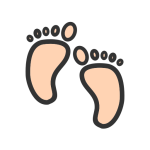
Motor Skills
Teaching the child to balance, crawl, creep and walk without support, to climb steps etc

Cognitive Skills
Includes eye contact, learning to sort shapes of different sizes and colours.
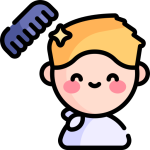
Self Help Skills
Toilet training, feeding, dressing and drinking without assistance
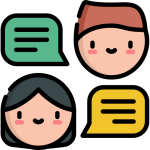
Language and communication skills
We have a Speech Therapist who works with the therapists twice a month to help develop the skills needed to prepare the child to feed him/herself and eventually to vocalise.

Social Skills
Learning communication skills, social interaction through games, group exercises and other similar therapies. Each child has an individualized program that ranges from basic motor/movement skills, responding to languages/instructions to more advanced skills such as reading, and sorting shapes and colours. We concentrate on teaching a few skills at a time, building until we achieve 80-90% automatic response before going on to a new skill.
Individualized Education Program (IEP)
The Individual Education Program (IEP) is kept at a low therapist : student ratio, i.e 1 to every 3 children. The child therefore receives more intensive and individual attention from the therapist. This is vital in ensuring the effectiveness of the IEP. The children's progress is reviewed every six months by the therapists and parents are appraised of the progress of their child twice a year.

Language and communication skills
We have a Speech Therapist who works with the therapists twice a month to help develop the skills needed to prepare the child to feed him/herself and eventually to vocalise.

Social Skills
Learning communication skills, social interaction through games, group exercises and other similar therapies. Each child has an individualized program that ranges from basic motor/movement skills, responding to languages/instructions to more advanced skills such as reading, and sorting shapes and colours. We concentrate on teaching a few skills at a time, building until we achieve 80-90% automatic response before going on to a new skill.

Social Skills
The Individual Education Program (IEP) is kept at a low therapist : student ratio, i.e 1 to every 3 children. The child therefore receives more intensive and individual attention from the therapist. This is vital in ensuring the effectiveness of the IEP. The children's progress is reviewed every six months by the therapists and parents are appraised of the progress of their child twice a year.
Living Skills Group (LSG) Saturday class
The Living Skills Group focuses on teaching teens and young adults the basic self-help skills needed for daily living such as house cleaning, basic food preparation, gardening, social interaction and physical exercise. It aims to develop a degree of independence in the students. Held on Saturdays, 3 times a month, group training is from 8am to 12 noon.
This is basically a social group where the disabled are given the opportunity to interact with each other and to practise the skills learned.
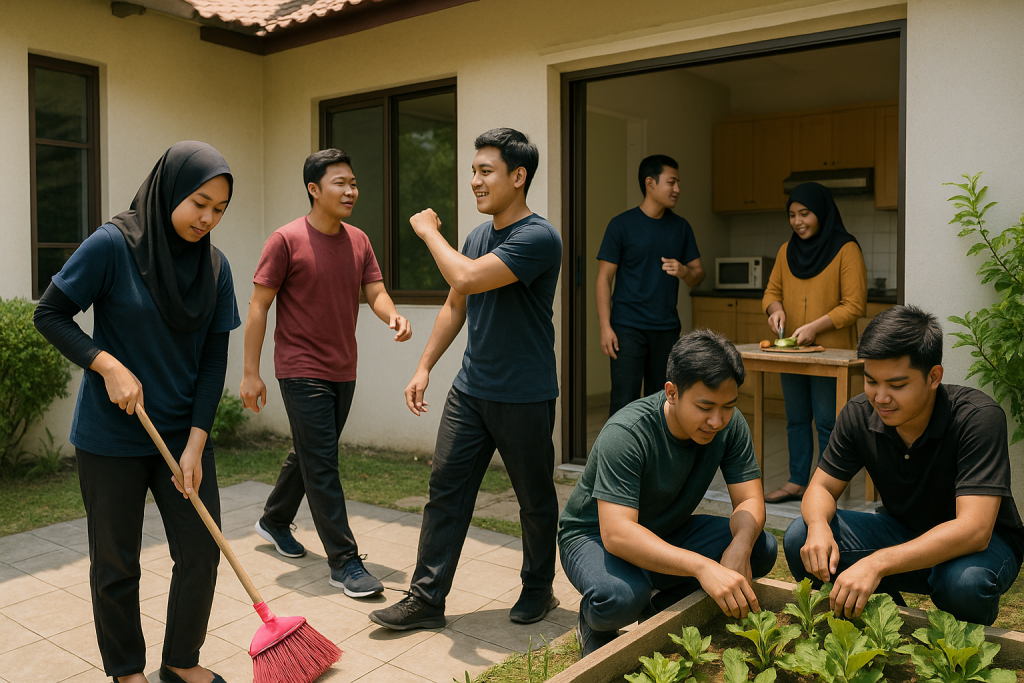
Breakthru Intervention Program
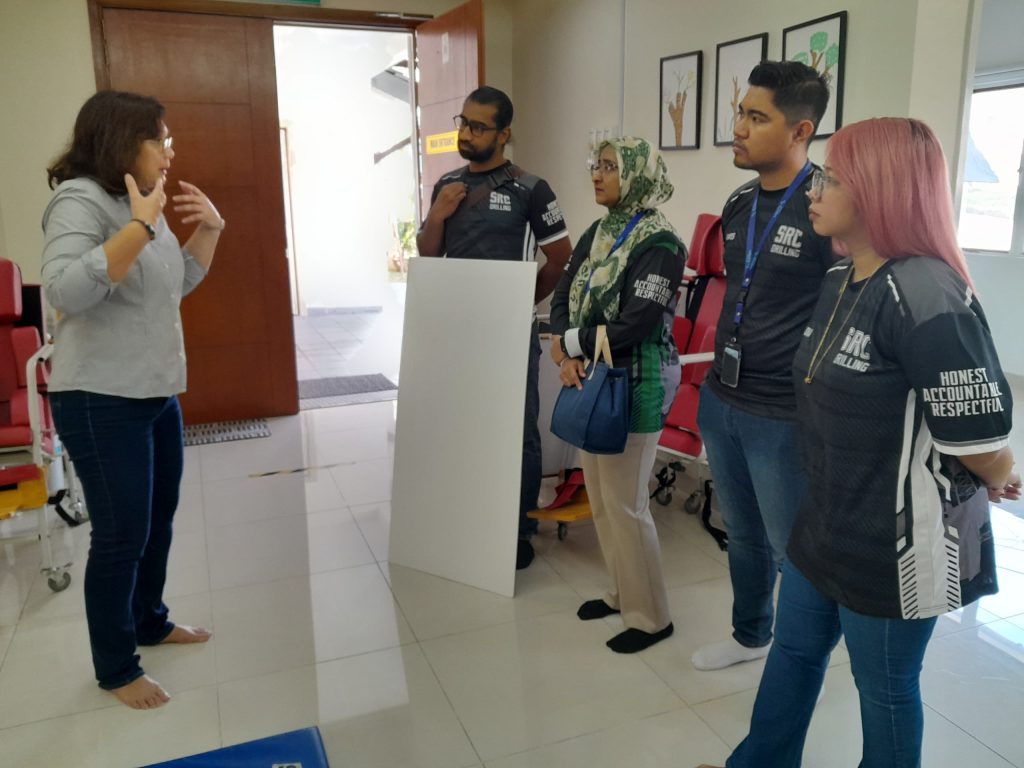
Since December 2019, SSMH started to introduce the Breakthru Approach Intervention Program for the children. This is a transformative initiative which equips parents, therapists, teachers, facilitators and caregivers with innovative strategies to support the children’s growth and development in a nurturing, respectful manner. Whereas training at SSMH focusses mainly on physical stimulation therapies, the Breakthru Approach focusses on engaging the child’s mind in their own rehabilitation activities.
The Breakthru Approach promotes an organic, flexible process that fosters creativity and adaptability to unlock each child’s potential. Parents and facilitators are trained to pause, observe, and apply self-regulation techniques to manage their own stress when working with children. They also learn to identify the root causes of inappropriate behaviors, supporting children to co-regulate before responding to their unique needs and abilities. Through the Breakthru readiness routine featuring movement breaks, children reset neurologically when showing signs of discomfort or frustration, leading to remarkable progress. Consistent application of these attitudes and techniques has resulted in significant improvements in the children’s goal achievements and overall development, as reported by families and educators. A team comprising the Breakthru Specialists, SSMH Therapists and the parents work with a targeted group of 10 children from SSMH.
To track and Support Child Development
Monitoring the progress of the 10 children, address gaps in their developmental milestones. The goal is to guide them toward emotional stability, a passion for learning, and the acquisition of academic readiness or skills for independence, tailored to their individual abilities and learning pace.
Empower Therapists, Teachers, Parents, and Caregivers
The team of therapists, parents, and caregivers are taught tools such as Winning Stress using 3P.L.A.Y., RMTi Making Connection, Movement Based Learning, and the Breakthru Play Series to create abundant opportunities through daily activities, fostering a calm, respectful, and empowering environment for their children.
Build Confidence in Facilitators
The program empowers therapists and parents to confidently implement the Breakthru Approach Intervention Curriculum, ensuring consistent and effective support.
Expand the Curriculum
We are actively developing Level 1 and Level 2 of the Breakthru Approach Intervention Curriculum. This expansion encourages parents and therapists to seize teachable moments, offering children greater opportunities to master daily tasks and community living skills independently.
Parent Testimonials
Every child has an Individualized Educational Program (IEP) depending on the severity of his or her disabilities, and on their learning potential. The program is drawn based on the types of skills required by the child covering the above activities and reviewed every three to six months. There is also a Saturday training program called the Living Skills Group (LSG) that caters to teens and young adults. There are currently 10 students who come to SSMH 3 Saturdays a month for exercise, social interaction and learning basic living skills. Their mothers who come with the students use this opportunity to share experiences with each other.
- Teaching the child to balance, crawl, creep and walk without support, to climb steps etc.
- Includes eye contact, learning to sort shapes of different sizes and colours.
- Toilet training, feeding, dressing and drinking without assistance.
- We have a Speech Therapist who works with the teachers twice a week to help develop the skills needed to prepare the child to feed him/herself and eventually to vocalise.
- Learning communication skills, social interaction through games, group exercises and other similar therapies. Each child has an individualized program that ranges from basic motor/movement skills, responding to languages/instructions to more advanced skills such as reading, and sorting shapes and colours. We concentrate on teaching a few skills at a time, building until we achieve 80-90% automatic response before going on to a new skill.
- The Individual Education Program (IEP) is kept at a low teacher/therapist : student ratio, i.e 1 to every 3 children. The child therefore receives a more intensive and individual attention from the teacher or therapist. This is vital in ensuring the effectiveness of the IEP. The children's progress is reviewed every six months by the teachers and therapists. Parents are appraised of the progress of their child twice a year.
